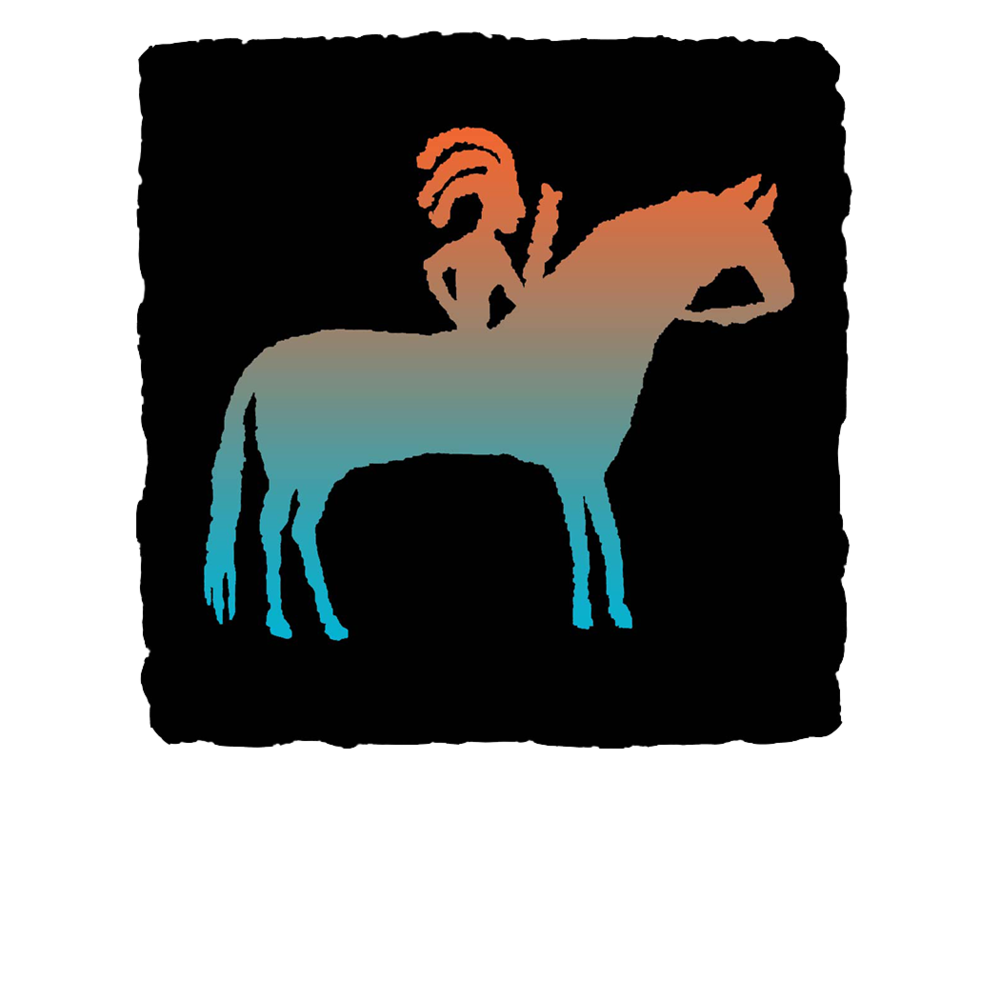Learn from Dr. Webster, an enrolled citizen of the Oneida Nation in Wisconsin, as she shares how the Haudenosaunee Confederacy contributed to the development of the United States Constitution! Also discover how food found a major role in the confederacy and governance! This program is in partnership with Feeding America and the NWA Food Bank.
This presentation will provide an introduction to the establishment and continuing governance of the Haudenosaunee Confederacy. It will describe the roles of the people, clans, and nations within the Haudenosaunee decision-making process. It will also describe the important role our foods played in both the formation of the confederacy as well as the continuing functioning of governance. The presentation then turns to the form of government established under the United States Constitution. After comparing and contrasting the two forms of government, it becomes evident that the framers of the US government borrowed many democratic principles from the Haudenosaunee while leaving out others that the Haudenosaunee continue to value today. In 1987 and 1988 the House and Senate passed Congressional Concurrent Resolutions to formally acknowledge those contributions of the Haudenosaunee Confederacy to the development of the United States Constitution.
Watch live in-house at MONAH on July 23rd at 11:00 AM! Admission is free with limited seating, and registration is required.
REGISTER HERE: https://www.eventbrite.com/e/haudenosaunee-roots-of-democracy-tickets-383495434167
Livestream is available for those not able to attend in person. Watch on the MONAH Youtube Channel. (https://youtu.be/VZ_VI-bWxk0)
Listen to Dr. Webster’s interview with KUAF! https://www.kuaf.com/show/ozarks-at-large/2022-07-20/the-haudenosaunee-roots-of-democracy
About the Haudenosaunee Confederacy
“Haudenosaunee (hoe-dee-no-SHOW-nee) Called the Iroquois Confederacy by the French, and the League of Five Nations by the English, the confederacy is properly called the Haudenosaunee Confederacy meaning People of the long house.
The confederacy made up of the Mohawks, Oneidas, Onondagas, Cayugas, and Senecas were intended as a way to unite the nations and create a peaceful means of decision-making. “ Learn More.
About Dr. Rebecca Webster
Rebecca M. Webster, J.D., Ph.D., is an enrolled citizen of the Oneida Nation in Wisconsin. She is an Assistant Professor at the University of Minnesota Duluth in their American Indian Studies Department. She teaches undergraduate and graduate courses in their Tribal Administration and Governance programs. Prior to joining the American Indian Studies team at Duluth, she served the Oneida Nation as an attorney for 13 years where she provided legal advice for the Nation's administration on government relations, jurisdiction concerns, and a wide variety of tribal land issues. She is a founding member of Ohe∙láku (among the cornstalks) a co-op of 10 Oneida families that grow 6 acres of traditional, heirloom corn together. She and her husband also own a 10 acre farmstead on the Oneida Reservation where they primarily grow Haudenosaunee varieties of corn, beans, squash, sunflowers, sunchokes, and tobacco. Their philosophy is that every time an indigenous person plants a seed, that is an act of resistance, an assertion of sovereignty, and a reclamation of identity. With these goals in mind, an Oneida faithkeeper named their 10 acre homestead Ukwakhwa: Tsinu Niyukwayayʌthoslu (Our foods: Where we plant things). Based on their farming practices, they started a YouTube Channel called Ukwakhwa (Our Foods) where they share what they learned about planting, growing, harvesting, seed keeping, food preparation, food storage, as well as making traditional tools and crafts. Most recently, their family formed a 501(c)(3) nonprofit organization, Ukwakhwa Inc., to help advance their goals of helping share knowledge with the community.




